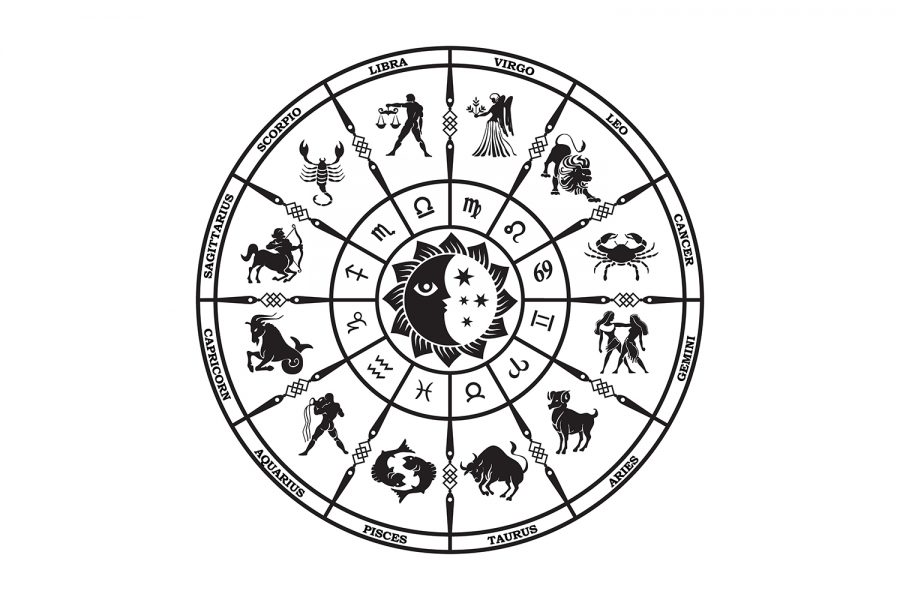Opinion: University of Iowa should offer an astrology course
Astrology is written all over cultural history, becoming a popular tool for 21st century life that has value in being explored.
November 11, 2019
When I wrote the first draft of this article, it didn’t save on my laptop. I blame Mercury being in retrograde.
Astrological discussions are everywhere. It’s been written about in horoscopes in countless publications throughout human history and across the globe. Whether your birthday is in the season of Scorpio or Gemini, your sign and all it suggests about your personality has been made both tangible and digital by a market of consumerism.
Knowing this, why not learn more about astrology in a classroom?
Not to be confused with astronomy, the nature of astrology is a kind of pseudoscience. It is a system of attaining and predicting personal information based on the placement of the planets. And it’s not a new phenomenon; astrology has existed within societies for thousands of years.
Ancient civilizations such as Babylon, China, and Greece incorporated astrology in both their political and private lives. Just as we may read our daily message from Co-Star today, so too did our ancestors look for direction and meaning.
Even with the rise of western religions across medieval Europe that opposed astrology, it remained a part of many people’s lives. Astrology also had a great influence in the eastern hemisphere, usually paralleling with cultural philosophy.
As a student, I am curious to learn more about the poetry of this relationship between people and the patterns of the sky. Astrology is something I have learned about on my own for years now.
The University of Iowa should see this millennial attraction to understanding a natal chart as an opportunity for education in the liberal arts and sciences.
A huge demographic of college students are immersed in modern astrology. They want to learn about it. Astrology itself has been studied since ancient times.
The University of Iowa should see this millennial attraction to understanding a natal chart as an opportunity for education in the liberal arts and sciences. Astrology’s relationship with history is clearly saturated with religious and political significance. The research I have done for this article has left me wanting to explore further.
This system has acted as a poetic calendar for humanity throughout history. While not a science, astrology did help develop modern astronomy through centuries of celestial observations. It has a proven value in education.
Knowing its backstory, a well-designed syllabus dedicated to the origins of astrology could be taught. This subject has relevance to religious studies, English, history, or could even be a fun elective for the astronomy department.
This isn’t just my idea. There are schools that have created courses similar to what I imagine. Just this year, Michigan State University created a history course that focuses on the occult within premodern European history, which includes astrology.
Plenty of students at the UI would be keen to enroll in a course similar to this. It could expand their knowledge within a field of study, or just increase their understanding of their own zodiac sign. No matter what, it would be a unique classroom setting.
The study of astrology has maintained cultural value all over the world. It has been a way to help humanity understand the present and predict the future.
Astrology has acted as a tool of direction and insight. Whether or not its system has any definitive truth, it has considerable influence over society. Or at least, it gives me reason to blame Mercury being in retrograde for my problems.
Columns reflect the opinions of the authors and are not necessarily those of the Editorial Board, The Daily Iowan, or other organizations in which the author may be involved.



















